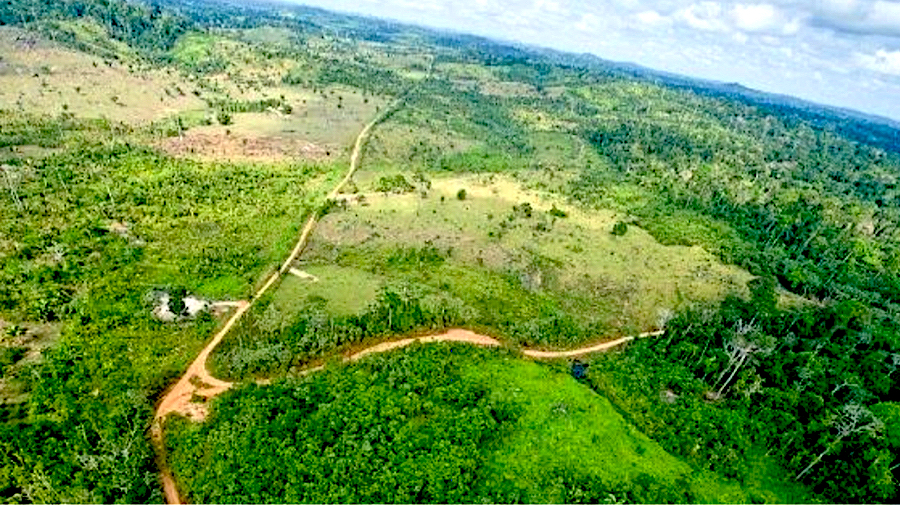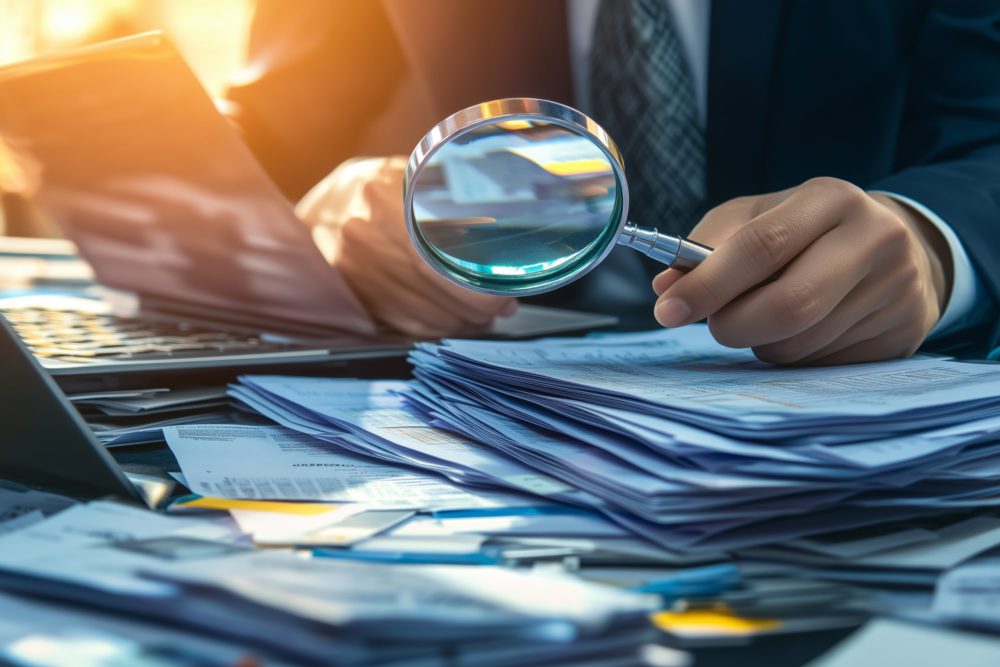On a flight to Brasilia last year, Jair Bolsonaro’s carry-on bag contained little more than two small chunks of metal mined in Brazil: One was graphene, used in solar cells; the other niobium, which strengthens steel.
At the time, he said he hoped to display them in a TV interview, evidence of the promise mining holds for Brazil’s struggling economy. While some of the former Army captain’s ideas have shifted over time, Bolsonaro’s desire to unleash the mining potential of the Amazon, the 1.7 billion-acre rainforest in the heart of South America, has held strong.
Now he’s on the cusp of winning Brazil’s presidency, leading the latest polls by double digits, and the mining community is salivating.
“Look, we’ve been waiting 30 years,’’ said Elton Rohnelt, who founded a few mining companies during Brazil’s military dictatorship from 1964 to 1985, and served with Bolsonaro as a lower-house lawmaker in the 1990s.
Non-government organizations “that don’t want mining” have hindered development, Rohnelt said in a telephone interview. The “entire mining sector is waiting for Brazil’s government with Bolsonaro to regulate the situation,” he said. “Tell us what path needs to be followed.”
Bolsonaro’s plan promises to reduce the wait time to license small hydroelectric plants to a maximum three months, rather than the decade it can sometimes take. He’s also said he won’t add even a centimetre to indigenous reserves.
Bolsonaro hasn’t yet laid out specifics for the mining sector, and a spokesman didn’t return phone and email requests for comment. But his past statements have activists sounding alarms.
He has said, for instance, that he may withdraw from the Paris climate accord if it means sacrificing sovereignty over the Amazon, where the rainforest ecosystem is seen by many as having worldwide ecological importance. And he has criticized the country’s environmental agencies for blocking promising projects.
Bolsonaro’s government plan promises to reduce the wait time to license small hydroelectric plants to a maximum three months, rather than the decade it can sometimes take. He’s also said he won’t add even a centimeter to indigenous reserves, and he wants native populations integrated into modern Brazilian society.
About 30 percent of Brazil’s territory is protected for either conservation or indigenous groups, mostly in the Amazon, according to Embrapa, a government-run agricultural research organization.
Bolsonaro’s views tap into the same vein of nationalism that has him leading in the polls. But they also carry underlying complications for both Bolsonaro and Brazil, potentially upsetting indigenous groups, overturning more than a decade of environmental policies and opening a costly building rush into a less-than-welcoming rain forest.
Still, to hear Rohnelt tell it, developing the Amazon has never been an easy task. When he began prospecting in the region for gold, the lack of roads forced him to explore by helicopter with his paratrooper buddies, he said. Colombian guerrillas roamed the forest, forcing him to be armed at times.
In the 1990s, Rohnelt served as a lawmaker with Bolsonaro in the lower-house, and the two were friends, he said. But they were unable to pass a regulation required by the constitution to mine on indigenous territories. Rohnelt said he supported a bill on that in 1996, but it’s still awaiting a vote. Twenty other bills for the sector are also pending.
Cutting Red Tape
If Bolsonaro wins the presidency, getting lawmakers to approve mining in the Amazon may be less difficult. The front-runner’s party grabbed more than 50 seats in the lower house during the first round of elections, up from just eight currently, making it the second-largest party in the chamber.
While legislative hurdles restrain some investment, the jungle of red tape is also a sharp disincentive.
Canada’s Belo Sun Mining Corp. intended to build Brazil’s largest gold mine in the Amazon, but last year had its license suspended when the government’s Federal Indian Institute said the company hadn’t completed necessary studies. A $2 billion potash project, Potassio do Brasil, is nearly a decade old and has faced repeated delays, according to the company’s president, Helio Diniz.
Bureaucracy plagues the mining sector in Brazil, not just in the Amazon, said Murilo Ferreira, the former chief executive officer of iron ore giant Vale SA.
Diniz says he doesn’t have a preferred candidate. But he acknowledged military know-how could be helpful in developing the Amazon moving forward, and Bolsonaro has promised to nominate generals to some cabinet posts. “We have had a lot of support from them,” Diniz said by phone. “They know we need development there to help people. It’s not only governmental development. They’ve had to bring companies there.”
Other industry leaders have complained about overzealous legal officials complicating business since Samarco Mineracao SA’s tailings dam disaster killed 19 people in 2015.
Bureaucracy plagues the mining sector nationally, not just in the Amazon, said Murilo Ferreira, the former chief executive officer of Vale Sa, the world’s largest producer of iron ore and the only major mining company with a considerable presence in the Amazon, thanks to its Carajas reserves.
Mining giants like Rio Tinto Plc, BHP Billiton Ltd. and Glencore Plc are either limited or absent, Ferreira said by telephone. “Companies have had a lot of difficulties,” which means “they look for other places where the situation is much easier,’’ he said.
There has been a significant decline in new requests for mineral research, according to Joao Orestes, Amazonas state’s planning and development secretary, who oversees mining. In the 1980s and 1990s, the mining regulator’s local branch received about 2,000 requests a year involving three Amazon states. This year, they received less than 100, he said.
The last three elected presidents “never talked about mining, never considered it important,” Orestes said by phone. “Bolsonaro has that understanding.’’





Comments